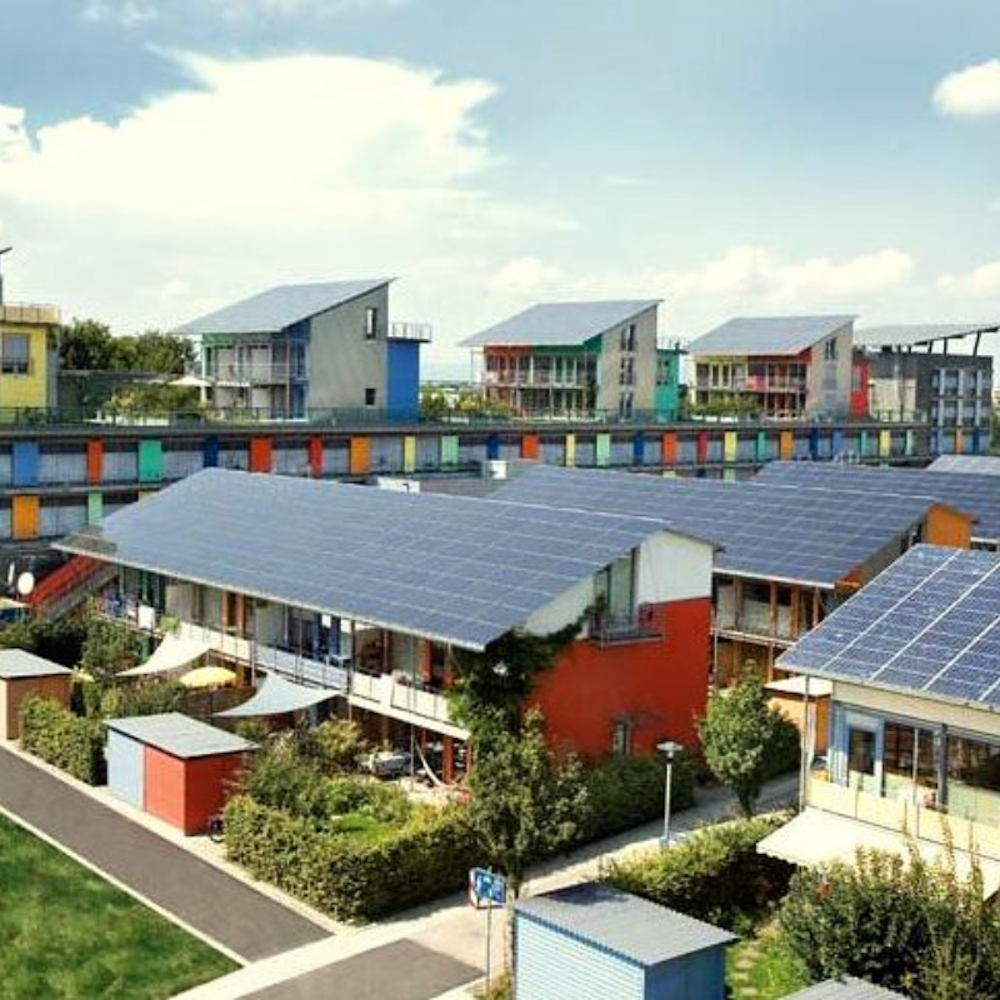
In an ambitious move to drive climate-focused innovation, Stanford University has launched a new ecopreneurship program, designed to support students working on sustainability ventures, and it's doing so with a "sizeable" gift from Salesforce CEO Marc Benioff and his wife, Lynne Benioff via the San Francisco Business Times. This joint project between the Doerr School of Sustainability and the Graduate School of Business seeks to enable students to create impactful public, private, and nonprofit organizations, tackling climate change and propelling a global sustainability and climate transition.
According to an official announcement, the Stanford Ecopreneurship program will comprise hands-on, project-based learning, mentorship, coaching, and grants. Providing a unique opportunity for students to play a crucial part in addressing sustainability issues and combating climate change, the program leverages both the university's proximity to the innovative ecosystem of Silicon Valley and the expertise of the Doerr School of Sustainability.
The program's announcement comes at an interesting time as Benioff bagged a nearly $30 million compensation package during Salesforce's most recent financial year. The company underwent a workforce reduction of 10% simultaneously (The Register). However, his considerable investment in the Stanford Ecopreneurship program showcases his commitment to driving climate-focused initiatives and fostering a new generation of sustainability leaders.
At launch, the ecopreneurship program will focus on three main areas, all viewed through a climate-focused lens. The first approach involves a year-long fellowship for early-stage, "high-impact" concepts in need of assistance to scale and integrate into the real world. These "Impact Founder in Ecopreneurship" fellowships will provide graduating students funding, advising support, and pairing with a faculty-led lab.
The other two components of the program consist of two different summer-long initiatives for graduate students. These include financial support for internships at early-stage companies, as well as an immersion program for students leading their ventures or participating in faculty-led projects. This funding will also allow Stanford to double the capacity and programming of its Climate Ventures courses, further empowering students to develop sustainable and viable ventures addressing critical climate-related challenges.
Yi Cui, co-director of the Stanford Ecopreneurship program, passionately conveyed the importance of supporting young entrepreneurs in the fight against climate change. He emphasized the need for scalable ideas that can have a global impact while encouraging a diverse pool of talents to engage in the cause.









